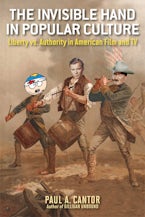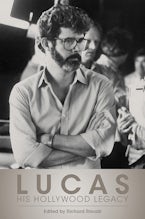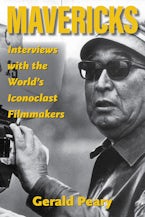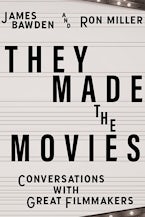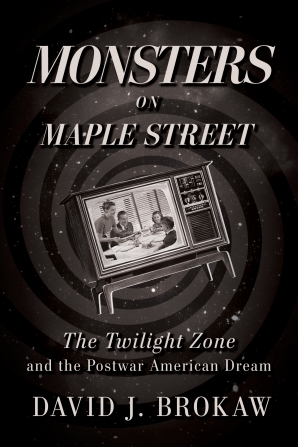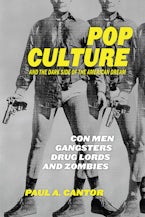"Cantor is undoubtedly one of the most original scholars in the field, and it will be welcome to have a collection of his essays in a single volume."
~William Irwin, William Irwin
The cause of freedom has rarely had as creative a defender as Paul Cantor. To follow his thinking and writing is to be changed by them. His outlook is romantic, intellectually robust, and new. With this outlook, he finds the idea of freedom in the most inauspicious places, not only in Shakespeare (his specialization) but also in popular culture, of which he is an incredibly trenchant observer. The Invisible Hand in Popular Culture is as astute an examination of the idea of liberty as you will find anywhere in the history of liberal literature, and one that resonates especially in our time.
~Jeffrey Tucker, Laissez Faire Books
Cantor demonstrates, often in new and surprising ways, what popular culture has to say about America's most significant political and social issues. Cantor's book is remarkably wide-ranging and well informed, with important insights on everything from South Park to Have Gun—Will Travel. In this book there is something of interest for everyone who either loves or hates pop culture, or simply wonders what one should think of it. There are provocative comments on every page, firmly supported by Cantor's immense knowledge of cultural and intellectual history. The book is brilliantly written—smart, sharp, completely free of jargon, and, frankly, a lot of fun.
~Stephen Cox, University of California, San Diego
Cantor knows all the words to the songs in the South Park movie, speaks fluent Klingon, and has forgotten more about the X-Files than Fox Mulder ever knew. Finally, pop-culture nerds have an intellectual to call their own.
~Jonathan V. Last, senior writer The Weekly Standard
The incomparable Cantor has blessed the libertarian movement with a literary voice. Would that we ahd more Cantors to show us how literature flowers when freedom flourishes.
~Independent Review
Cantor's latest book is a collection of wide-ranging essays that brims with brilliant insights on particular movies and TV shows.
~National Review
By dipping into pop-culture portrayals of 'both top-down and bottom-up models of order,' the author makes it easier and more enjoyable for today's readers to relate to the ideas he discusses, including Marxist ' culture industry' notions and absolute state control a la Hobbes.
~Pittsburgh Tribune-Review
This is an exceptional romp through television and film from the past seveal decades, and serves to entertain as much as to instruct us that the world of entertainment contains many valuable lessons in economics, liberty, and morality.
~Weekly Standard
Cantor can take pretty much any television show, such as Gilligan's Isalnd, and dissect it using everything from Homer to Shakespeare to Marshall McLuhan, and entertain you while doing it.
~LRC Blog
With a deep knowledge of literature and philosophy as well as film and TV, Cantor brings scholarship together with entertainment. He's fun to read, and you can learn a few things, too.
~Milwaukee Express
This sweeping, inclusive survey of American popular culture in the 20th and 21st centuries is a masterwork. Cantor offers thoughtful readings, detailed analyses of the works in question, and an authoritative overview of the ways in which pop and classical culture mesh to create the fabric of contemporary American consciousness.
~Choice Magazine
Written in clear language for the curious layman, but carefully footnoted for the scholar, Invisible Hand helps us look in a new way at the images on the screen that undeniably have an enormous effect on the viewer's notions of history, government, freedom, and the human experience.
~LewRockwell.com
Political theorists have much to gain from reading The Invisible Hand in Popular Culture.
~Review of Politics
Analyses how ideas about economics and political philosophy find their way into everything from Star Trek to Malcolm in the Middle.
~Wall Street Journal
